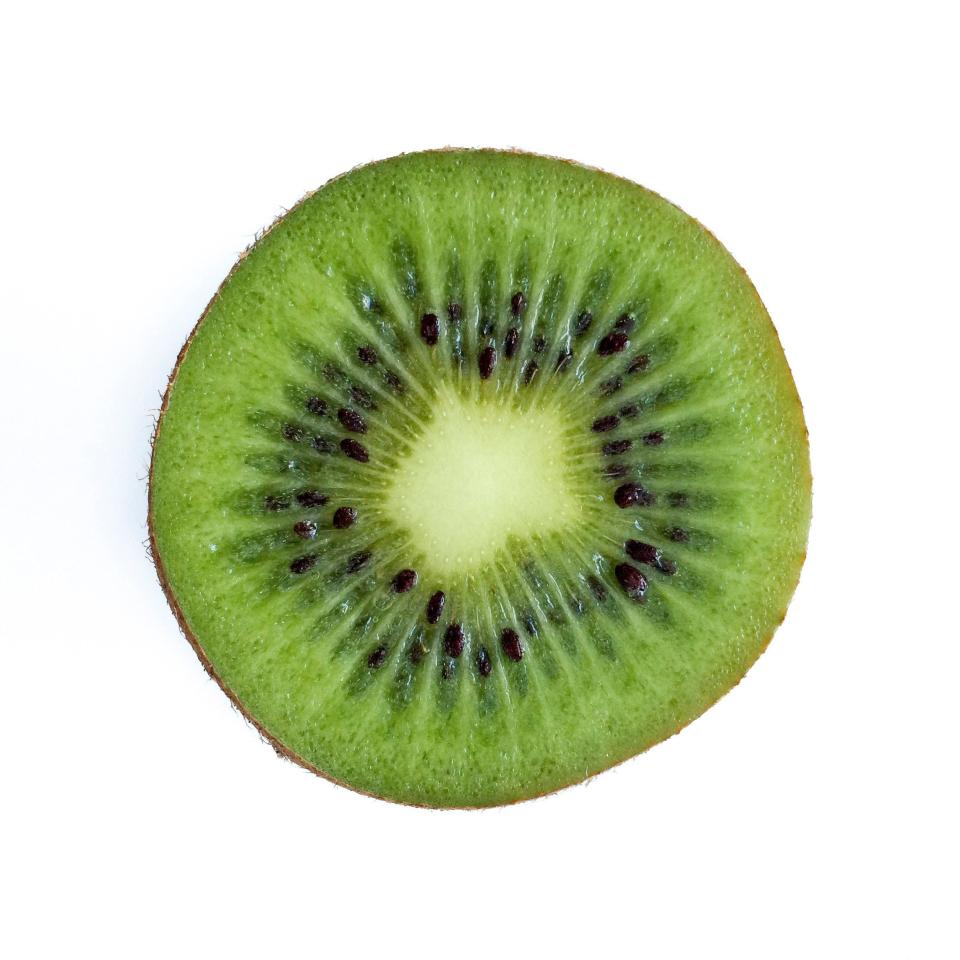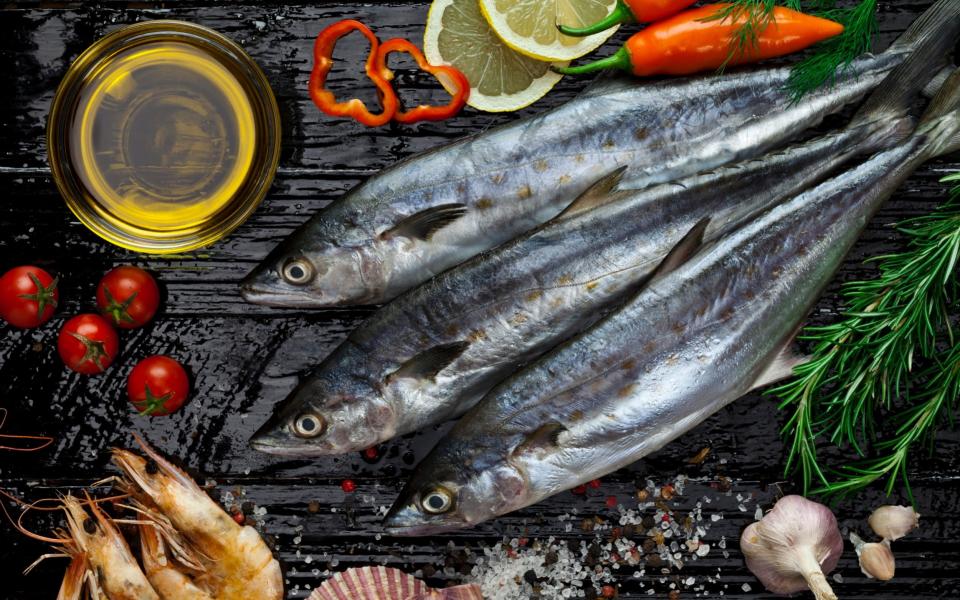French study cooks up 'ideal menu' to avoid nodding off at the wheel this summer

French nutritionists say they have come up with the ideal menu to stop motorists nodding off at the wheel following research showing that heavy food can be as dangerous as drink-driving.
Everyone is aware of the damage alcohol consumption does to motorists’ reflexes. However, a meal of hamburger and chips, along with cheese and chocolate cake, can also seriously increase the chances of a road accident, recent studies suggest.
The energy spent on digestion causes drowsiness, which is the first cause of road deaths and accounts for 23 per cent of fatal crashes, according to France’s association of motorway companies.
As millions of French head for the hills this weekend for their summer holidays, the insurers’ federation Assurance Prévention commissioned cardiologist-nutritionist Frédéric Saldmann and endocrinologist Fabrice Bonnet to come up with the perfect meal to keep them awake.
After experiments on 70 motorists aged 23 to 70 using infrared sensors that detect eye movement, posture and yawning, they believe they have cracked it.
Their “optimised” menu includes a starter of radishes and cucumber, followed by white fish and lentils for the main course and a kiwi with a chunk of 90 per cent dark chocolate for dessert - all washed down with water.

“A normal meal is 500 calories but that doesn’t mean anything,” said Dr Saldmann. “What counts is what you put in those 500,” he told AFP.
The starter, which can also include tomatoes, keep the motors hydrated thanks to high water content.
White fish, which can be replaced by omelette from egg whites or chicken, requires less energy than red meat to digest and has a very low glycemic index, meaning no “rollercoaster” sugar rush followed by a dizzying drop in alertness, said Dr Saldmann.
The kiwi and chocolate provide acidity and bitterness that were found to be “vigilance vectors”, even if more research was required, say the authors, to understand why.
The “optimised meal” keeps motorists on the same alertness levels as someone driving on an empty stomach “with even a better braking time after the meal”, found the study.
According to a previous study by the same authors, the drowsiness levels increased around 30 minutes after a high-calorie or classic meal. Thanks to their ideal menu, the sleepiness curve was reversed at the normally critical accident periods of 1pm to 3pm in the day and 2am to 5am at night.
However, the authors said a carefully chosen meal was not the only factor to ward off falling asleep.
Motorists should also steer clear of alcohol and medicines that causes drowsiness, and should take regular rest breaks - around 15 minutes every two hours.

 Yahoo News
Yahoo News 